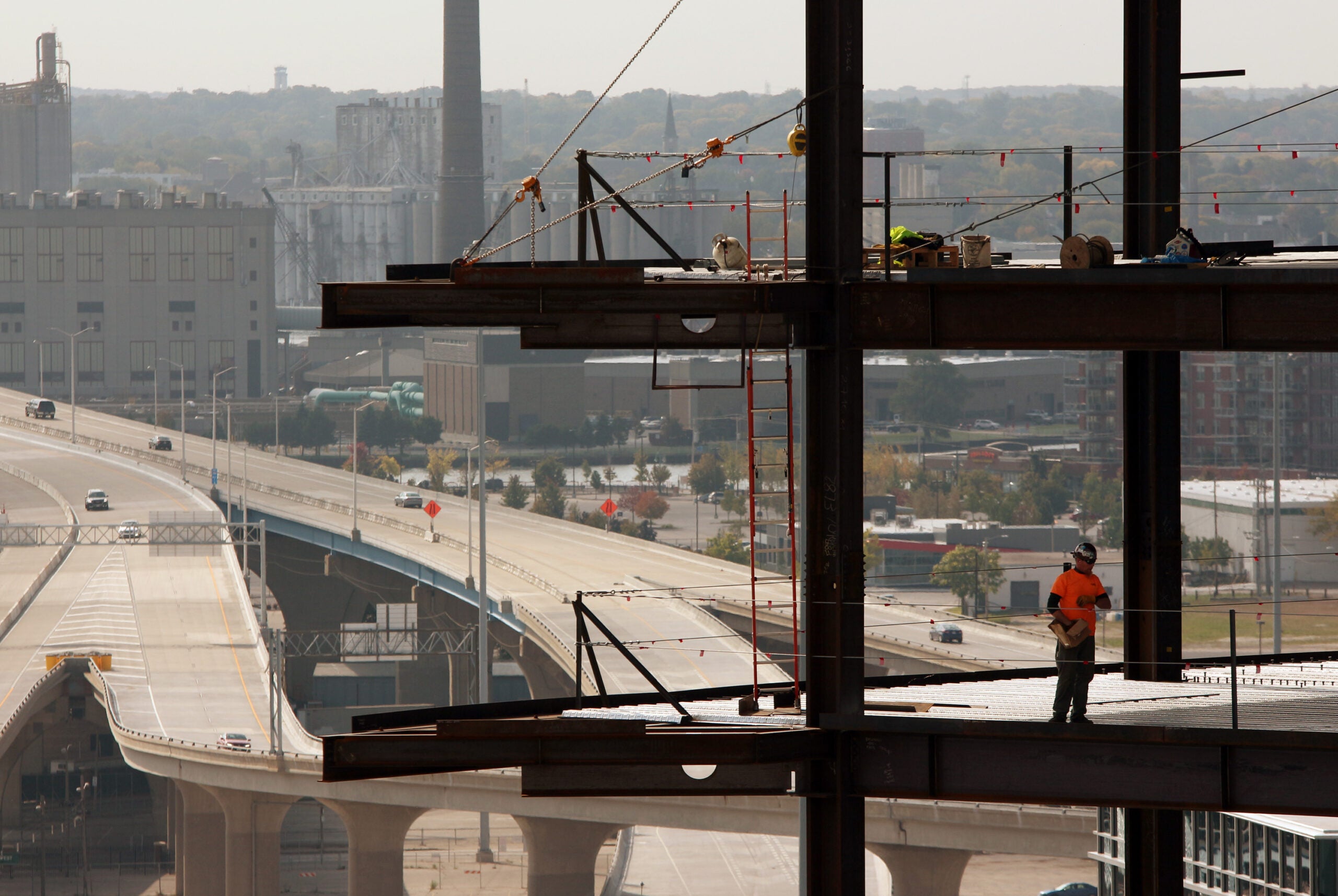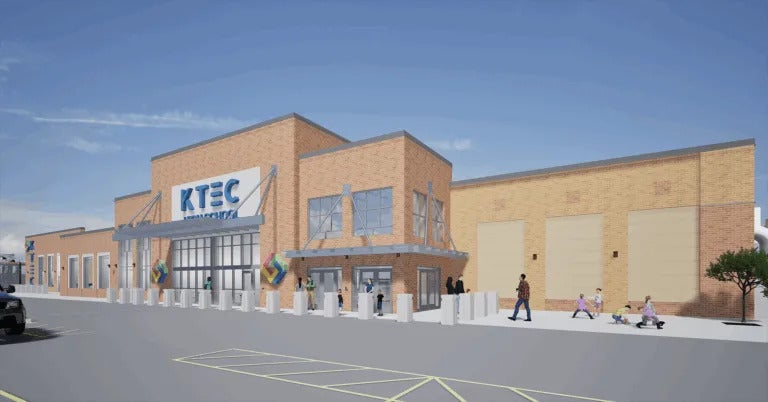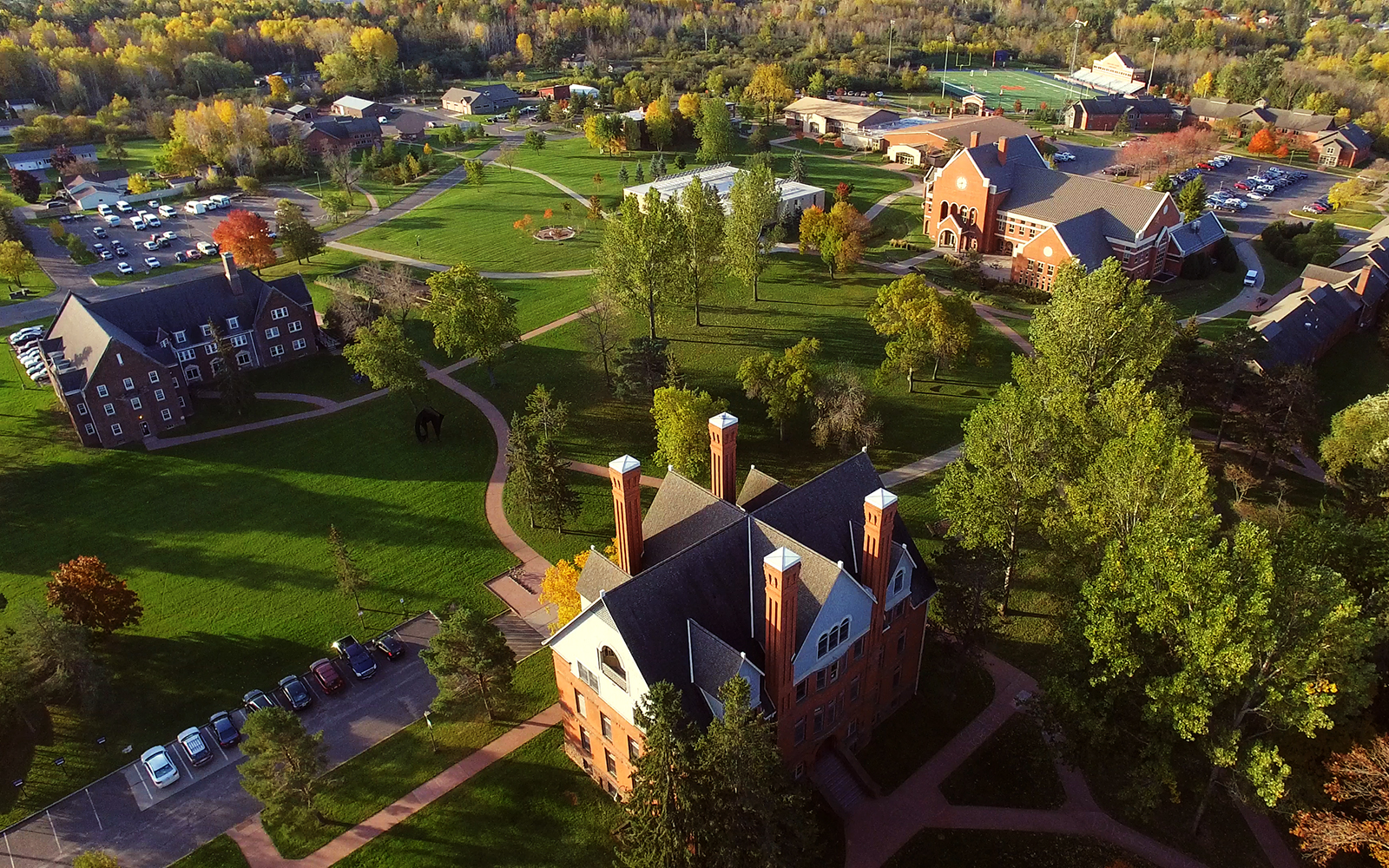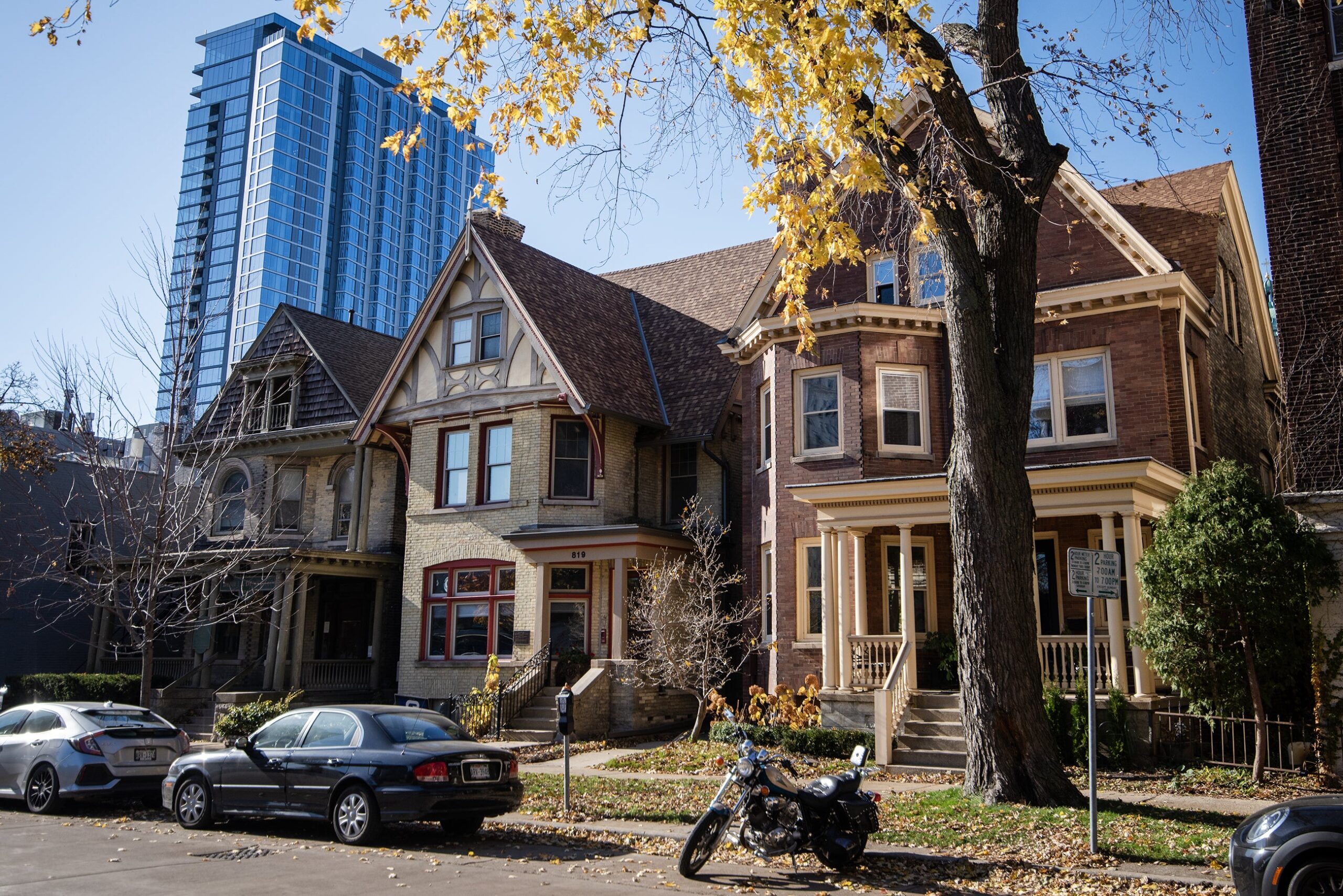A recent review from the Wisconsin Policy Forum found that a program to improve minority representation in Milwaukee’s commercial real estate is working.
The Associates in Commercial Real Estate, or ACRE, program is a 26-week program founded in 2004 to help people of color that is run by several organizations, including Marquette University, Milwaukee’s School of Engineering and the University of Wisconsin-Milwaukee.
For the program’s 20th anniversary, the Wisconsin Policy Forum released an analysis earlier this month evaluating its performance. The organization found the ACRE program improved diversity in Milwaukee’s commercial real estate market. Roughly 80 percent of graduates are now employed in real estate or related fields and around two-thirds of respondents have remained in the Milwaukee area.
News with a little more humanity
WPR’s “Wisconsin Today” newsletter keeps you connected to the state you love without feeling overwhelmed. No paywall. No agenda. No corporate filter.
The analysis also found that alumni would like ACRE to provide more individualized mentorship and post-graduation opportunities like internships or apprenticeships.
Carolyn Esswein is an associate professor in the School of Architecture and Urban Planning at UW-Milwaukee and has been with the program since 2014. She told WPR’s “Wisconsin Today” the connections students make in the program are invaluable.
“We’ve had bakers, attorneys, elected officials, architects, planners,” Esswein said. “So I think touching real estate is really broad, and that’s the success of the program as well — having the students talk with each other about their lessons learned.”
Esswein told WPR how students connect what they learn in the classroom with work in neighborhoods throughout Milwaukee.
The following interview was edited for clarity and brevity.
Rob Ferrett: What do students learn from the Associates in Commercial Real Estate program?
Carolyn Esswein: They learn a variety. It’s not just about becoming a developer … it’s about how to be engaged in real estate development as a career. It might be managing properties. It might be developing properties as well.
But you might be surprised how many people in the city are engaged with this program, including some of our alders and people in the banking industry.
RF: A majority of ACRE alumni who responded to the Wisconsin Policy Forum survey said they were motivated to enroll to improve Milwaukee neighborhoods. What does the program do to connect the coursework and its students with what’s going on in the local community?
CE: We have a diversity of speakers that we bring in besides those of us who are both academic partners and speakers. So they are already connected to individuals in development, local architects, local business improvement district executives.
So, for example, I bring in Ray Hill from Historic King Drive and she works with the students to understand engagement as well as development opportunities within the Bronzeville-King Drive area.
Then (students) work on an actual project, and identify a property within a neighborhood that they’re familiar with. So they look at a building-scale project. We have (people), mostly from the city of Milwaukee region, but we also have students from the city of Madison as well. They are looking at neighborhoods that they want to be engaged with, but they’re also familiar with. Somebody might have a property that they’ve owned from their parents or their grandparents, or it might be somebody that’s really interested in working in one of the neighborhoods.
I also work with them to understand different resources that are available to understand the context of the neighborhood, so (they) understand vacancies or percentage of demographics, right? How many are youth? How many are aging? What are the needs? So they’re not doing a full-blown market study, but they are doing pro forma (reports) to understand the numbers related to the project that they’re doing and its feasibility.
RF: What advice do you have for residents who are considering enrolling in ACRE?
CE: You don’t graduate from ACRE and then have a massive project right out of the gates. It’s typically giving you the skills that you need to move to that next step. And so those that are interested in applying, I would say: look at the work that you’re already doing. How is it changing neighborhoods? How is it already connected to the real estate program? Focus on that.







